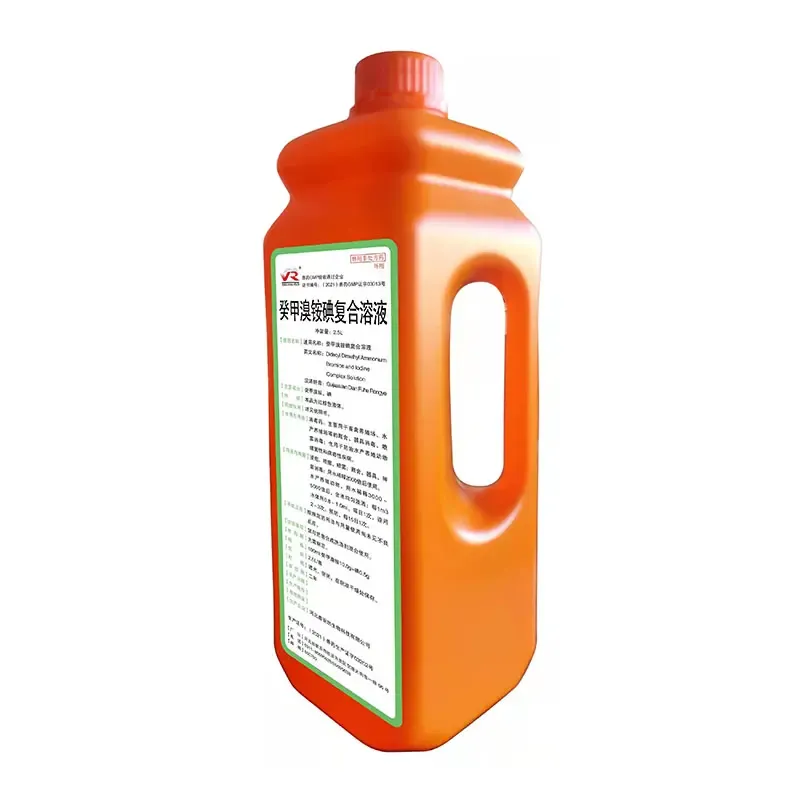- Afrikaans
- Albanian
- Amharic
- Arabic
- Armenian
- Azerbaijani
- Basque
- Belarusian
- Bengali
- Bosnian
- Bulgarian
- Catalan
- Cebuano
- Corsican
- Croatian
- Czech
- Danish
- Dutch
- English
- Esperanto
- Estonian
- Finnish
- French
- Frisian
- Galician
- Georgian
- German
- Greek
- Gujarati
- Haitian Creole
- hausa
- hawaiian
- Hebrew
- Hindi
- Miao
- Hungarian
- Icelandic
- igbo
- Indonesian
- irish
- Italian
- Japanese
- Javanese
- Kannada
- kazakh
- Khmer
- Rwandese
- Korean
- Kurdish
- Kyrgyz
- Lao
- Latin
- Latvian
- Lithuanian
- Luxembourgish
- Macedonian
- Malgashi
- Malay
- Malayalam
- Maltese
- Maori
- Marathi
- Mongolian
- Myanmar
- Nepali
- Norwegian
- Norwegian
- Occitan
- Pashto
- Persian
- Polish
- Portuguese
- Punjabi
- Romanian
- Russian
- Samoan
- Scottish Gaelic
- Serbian
- Sesotho
- Shona
- Sindhi
- Sinhala
- Slovak
- Slovenian
- Somali
- Spanish
- Sundanese
- Swahili
- Swedish
- Tagalog
- Tajik
- Tamil
- Tatar
- Telugu
- Thai
- Turkish
- Turkmen
- Ukrainian
- Urdu
- Uighur
- Uzbek
- Vietnamese
- Welsh
- Bantu
- Yiddish
- Yoruba
- Zulu
Januari . 01, 2025 00:16 Back to list
Colistin Sulfate Salt Understanding Its Role and Applications in Modern Medicine
Colistin Sulfate Salt An Overview of Its Uses and Implications
Colistin sulfate salt is a polymyxin antibiotic compound that has been used in veterinary medicine and, to a lesser extent, in human medicine to combat Gram-negative bacterial infections. As antibiotic resistance rises globally, the role of colistin and its formulations has garnered significant attention. This article will explore the uses, implications, and controversies surrounding colistin sulfate salt.
Historical Context
Initially discovered in the 1940s, colistin was utilized predominantly for its effectiveness against serious infections caused by multi-drug resistant Gram-negative bacteria, including those belonging to the families Enterobacteriaceae and Pseudomonadaceae. Colistin sulfate salt specifically is an oral form used primarily in veterinary medicine, particularly in livestock and poultry, to prevent and treat infections.
Mechanism of Action
Colistin works by disrupting the bacterial cell membrane. It binds to the lipopolysaccharides and phospholipids that make up the outer membrane of Gram-negative bacteria, leading to cell lysis and eventual death of the bacteria. This unique mechanism of action makes it particularly valuable in treating infections when other antibiotics fail.
Uses of Colistin Sulfate Salt
In veterinary practices, colistin sulfate salt serves as a crucial tool in managing bacterial infections in livestock. It is often used to treat respiratory and gastrointestinal tract infections in animals, such as pigs and poultry. The drug enhances growth performance and feed efficiency, which has made it popular among livestock producers. However, the use of colistin in livestock raises significant concerns regarding its potential impact on public health.
colistin sulfate salt

Public Health Concerns
The overuse of colistin in agriculture has resulted in the emergence of antibiotic-resistant bacteria. Bacteria that acquire resistance mechanisms against colistin pose a serious threat to human health, as these resistant strains can easily spread through the food chain, direct contact, and environmental pathways. Researchers have detected colistin-resistant Enterobacteriaceae in humans, livestock, and food products, raising alarm over the potential for a post-antibiotic era where common infections may become untreatable.
Regulatory Actions and Alternatives
In response to the increasing concern of resistance, regulatory bodies in several countries have begun to restrict the use of colistin in food-producing animals. For example, the European Union has implemented stringent regulations prohibiting the use of colistin for growth promotion in livestock. This approach aims to preserve colistin’s efficacy for human medicine by limiting its use in veterinary practice.
In light of these developments, researchers are exploring alternatives for infection management in livestock. Probiotics, competitive exclusion strategies, and vaccine development are being investigated as potential methods to reduce reliance on antibiotics like colistin. Emphasizing good husbandry practices and biosecurity measures can also help minimize the risk of infections in livestock.
Future Outlook
As antibiotic resistance continues to pose a global health crisis, the discussions surrounding colistin sulfate salt's use will likely intensify. It is imperative for veterinary and agricultural sectors to balance the economic benefits provided by such antibiotics against the potential risks to public health. Efforts to enhance surveillance, promote responsible antibiotic use, and invest in research for alternative therapies are crucial steps in addressing the challenges associated with antibiotic resistance.
In conclusion, colistin sulfate salt remains a powerful tool against bacterial infections, predominantly within veterinary contexts. However, as the implications of its use resonate beyond the clinic and into public health, a concerted effort is needed to ensure it remains effective for future generations. The lessons learned from the use of colistin can serve as a guide in the broader fight against antibiotic resistance, fostering a more sustainable approach in both human and veterinary medicine.
-
Guide to Oxytetracycline Injection
NewsMar.27,2025
-
Guide to Colistin Sulphate
NewsMar.27,2025
-
Gentamicin Sulfate: Uses, Price, And Key Information
NewsMar.27,2025
-
Enrofloxacin Injection: Uses, Price, And Supplier Information
NewsMar.27,2025
-
Dexamethasone Sodium Phosphate Injection: Uses, Price, And Key Information
NewsMar.27,2025
-
Albendazole Tablet: Uses, Dosage, Cost, And Key Information
NewsMar.27,2025













